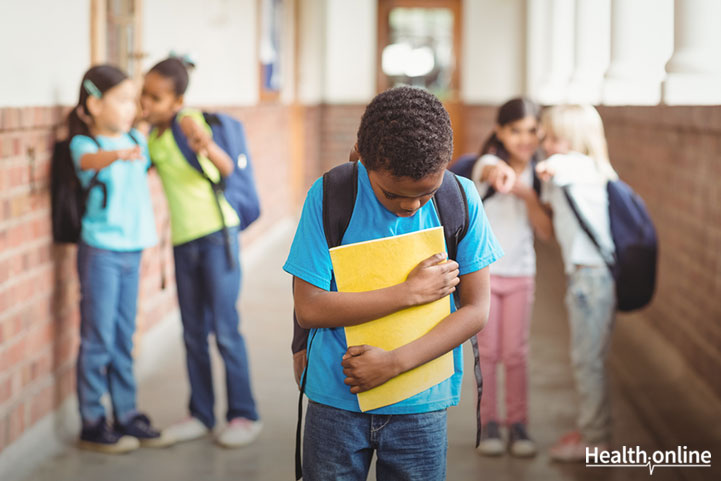
How to Help Your Child Deal with Bullying
Bullying is unwanted, aggressive behavior that involves a real or perceived power imbalance. It is intended to bring serious psychological or physical health effects and can cause serious trauma to the victim.
Types of bullying
The following are the types of bullying:
- Physical bullying: Kicking, tripping, hitting, pushing, pinching or damaging property are types of physical bullying. Physical bullying can cause damage in both the short term and in the long term.
- Verbal bullying: Teasing, name-calling, insults, racist or homophobic remarks, and other forms of verbal abuse are types of verbal bullying. Verbal bullying may be harmless at first, but it can easily escalate to a level that could seriously affect the target.
- Social bullying: This is a type of bullying in which the target’s social reputation is harmed. Also referred to as covert bullying, social bullying is difficult to recognize and can be done behind the target’s back.
- Cyber bullying: This is a form of covert or overt bullying that uses digital technologies like computers, smartphones, instant messaging, social media platforms, etc.
Bullying at school
You can witness bullying anywhere- at a workplace, in your locality, etc. The school is a very common place where bullying is evident. Usual instances of bullying in school have been where younger students are made victim by the older ones, or even between classmates with unequal physical strength. Major cases have been found where docile, studious and soft-spoken students are made victims by the overpowering and less-studious ones.
Signs that your child may be being bullied
You should look out for the following signs if you suspect that your child is being bullied:
- Bruises on your child’s body
- Your child’s possessions are missing or broken
- Your child is not talking, becoming withdrawn, or spending a lot of time being alone
- Behavioural changes in your child, such as a change in eating habits or the child becoming more aggressive
- Your child is worrying a lot about going to school
- Your child’s performance at school is suddenly becoming deficient
- Your child is sleeping badly or bedwetting
What should you do if your child is being bullied?
Children mostly are confused or unwilling to tell their parents about bullying. Sometimes children feel that they are at fault, sometimes they are scared that the bully might find out, and sometimes they feel that their parents won’t believe them. This is why when your child starts talking about being bullied, you need to listen to your child calmly and offer her/him comfort and support. You should also commend your child for talking to you about this difficult subject. It is also important to let your child know that it is the bully who is at fault.
You need to talk to an authority at school, like a principal or a teacher, and let the authority know what the situation is. Authorities at school have experience in monitoring such situations. Approaching the bully’s parents is also an approach that works. But this should only be done after you have contacted an authority at school.
The most important thing is to teach your child self-respect. This can only be brought about if the child is given respect at home. Every child should be taught to keep her / his dignity high in all places at all times.
Usually, the quiet and submissive children become vulnerable to bullying. You can encourage your introvert children to make friends. Teaching your children social skills like greeting guests who visit them, having them let other children play with their toys, encouraging them to play with your neighbors’ children, can help your children become friendly and help them from being a target of bullying.
It is important to teach your child that it’s okay to get angry with someone if that person is annoying them. Also, your child must learn to express themselves well and freely . It’s also good to teach your child some relaxing skills, like deep-breathing, keeping eye contact and keeping steady hands. When a trying situation arises, these skills will help your child portray an image of self-assurance, and this could fend off the bully.
Most schools and many states have strong policies and laws against bullying. It is good to know about your community’s laws and policies, in case you have major concerns about your child’s well-being and need to contact the right legal authorities.
Bullying has serious short-term and long-term consequences. This is why bullying should be taken seriously and should not be brushed off as something that happens to ‘toughen up’ kids.




